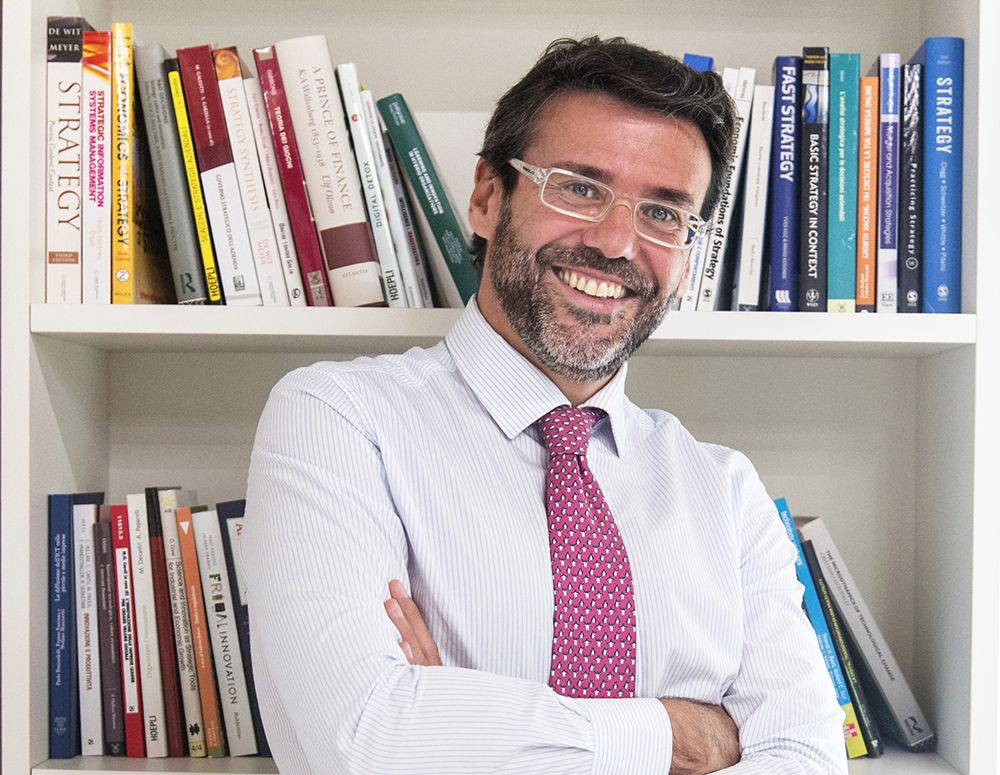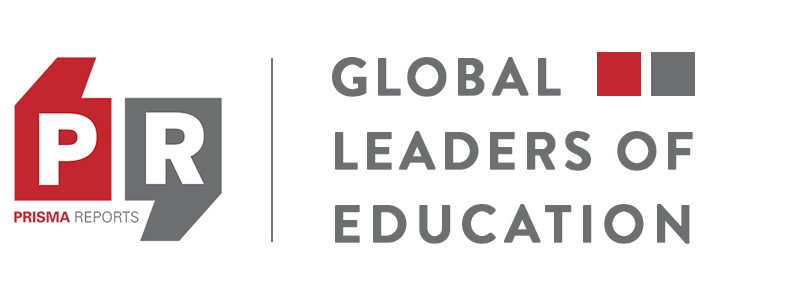
18 Mar Interview with Paolo Boccardelli, Dean, Luiss Business School
Prisma Reports (PR): How is Luiss Business School adapting to changing needs of students and businesses?
Paolo Boccardelli (PB): We don’t look at our work as training or teaching students certain technical skills and best practices. That’s a given. Our mandate is to educate leaders for a better world, which is different. We want them to be able to take on the challenges of the society and contribute to solving problems.
We are looking at the digital transformation as a key feature of change in our business and society as a whole. Our students engage in immersive, experiential and active learning in which they develop theoretical and applied knowledge combined with disciplinary and cross-cutting skills. We go well beyond traditional teaching through gamification, and social, micro, active and project-based learning. The experiential approach improves students’ analytical, behavioral, creative, critical-thinking, disciplinary, digital, problem-solving and relational skills.
Educating students and leaders for this new world requires us to equip them with a greater number of skills, not only technical, but also personal and professional. That’s why we aspire to become a relational and experiential hub. In addition, the world is now providing thousands of specialized opportunities to grow and succeed in the professional market. We need to offer students and talent customization of learning.The blending of social sciences, humanities, political science, global trends and geopolitical turbulences, in combination with the rise of technical and technological skills, require our institution to be able to expose students to customized learning journeys in a very advanced way.
One of the new characteristics of our business model will be connected to the data-driven school that will be able to match the profile of each individual student with the opportunity and expectation that they can have in their future development.
(PR): How did Luiss experience 2020, a difficult year for many?
(PB): We managed well and experienced a growth in 2020 of about 10%. This is particularly due to the fact that the school was already able to take on the challenge of the digital transformation: we were already there, having invested a lot in technological infrastructure in the prior five years.
(PR): What is your contribution to sustainability and responsibility?
(PB): Educating leaders that are responsible toward sustainability is a key characteristic of being a member of the EFMD business school community and we have radically embraced this idea. A few years ago we launched a center called the Ethics, Responsibility and Sustainability (ERS) Hub — now CeSID — the role of which is to develop those aspects in a wider sense to faculty, students, staff and leadership.
For us, ERS are not only values, but also entrepreneurial and managerial skills. We have also been developing a research center for sustainability and the circular economy. This center works extensively with many companies in the energy and manufacturing sectors, as well as the services industry. Through these efforts, the Italian Ministry of Economic Development asked us to create a network of universities and companies in the country, Italy 2030, to drive sustainability in our society and business environment.
(PR): How do you see globalization?
(PB): Globalization is changing and the growth of regionalism is prevalent. One of the key aspects of our school is to bring into the world of business education an approach we call “glocalization,” which entails a global perspective with a strong link to the local community.
Future leadership will need different skills, including the creative skills to enact innovation and change. This is our distinctive trait: we are investing a lot in providing those skills. At the same time, we think that creative skills and leadership must take into account a global perspective and be able to balance, understand and adapt to the real local needs of communities. We have operations in Rome, Milan and Belluno, as well as Amsterdam in the Netherlands. We want to drive our investments in such way that we are close to those local communities with two pivotal words: global perspective and creative leadership.
businessschool.luiss.it/en/
